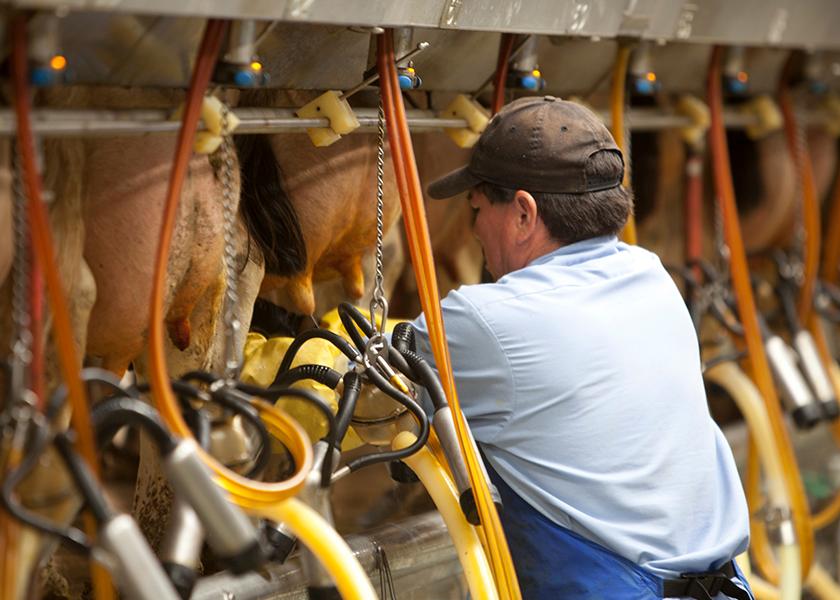More and More Dairy Workers Speak Another Language: K’iche’

The language barrier is often a challenge for dairies, as the owner and employees don’t always speak the same language. Now that barrier is extended from employee to employee as K’iche’ (pronounced k’I ‘chay) is becoming more well-known on U.S. dairy farms.
K’iche’ is the most predominant of 23 Mayan dialects originating in the Central American countryside. It is a very common language used in Guatemala, as well as in El Salvador and Honduras, too.
Dr. Robert Hagevoort, extension dairy specialist and associate professor at New Mexico State University, says the reality of today’s dairy farms are:
- Larger dairies with more cows.
- Larger dairies employ more people and more hired employees.
- Employees are usually from different cultural/linguistic backgrounds.
According to Hagevoort, producers often say labor is their No. 1 challenge. Several hurdles arise when it comes to training employees, including low literacy rates from a non-English speaking workforce.
What Hagevoort and his colleagues have found is that a large majority of employees no longer come from an agricultural background. Also, many have little to no experience working with large animals or equipment.
“60% of employees are at a 5th-grade education level or below,” Hagevoort says, sharing that K’iche’ is a different language from Spanish. He also shares that they have a different body stature build.
“This can pose challenges when milking cows and performing other tasks, as the K’iche’s stature is often shorter and smaller,” he says. “Approximately a third of the workforce in this part of the country [the southwest] speak K’iche’ as their main language.”
Hagevoort says this all poses the question of how well employees can communicate with each other. He also asks the following questions:
- How well can your employees read and write (English, Spanish, K’iche')
- Who does the translating and in what language are they able to translate?
- What languages are training materials adjusted to?
- What do you know about the different cultures in the workplace?
Pushing forward to help producers tackle these challenges, Hagevoort set out to customize dairy training materials and modules in the indigenous language, which turned out to be no simple task to include K’iche’. Hagevoort worked with a Guatemalan teacher to translate the Spanish training transcripts and assign words to the “cow lingo.” A voice-over was then recorded over the dairy training videos.
If K’iche’ is not spoken on your dairy, it is just a matter of time before it will, according to Hagevoort. The New Mexico dairy extension specialist highly recommends both dairy owners and managers arm themselves with the proper resources to ensure the highest level of worker performance and safety.
For more information, go to Extension Dairy Home (nmsu.edu)







